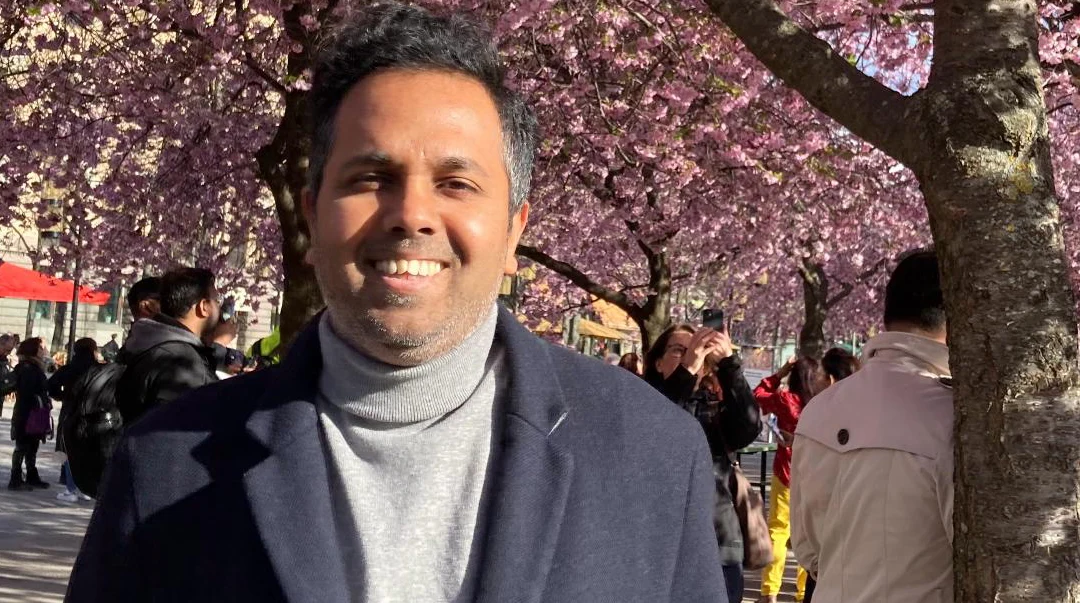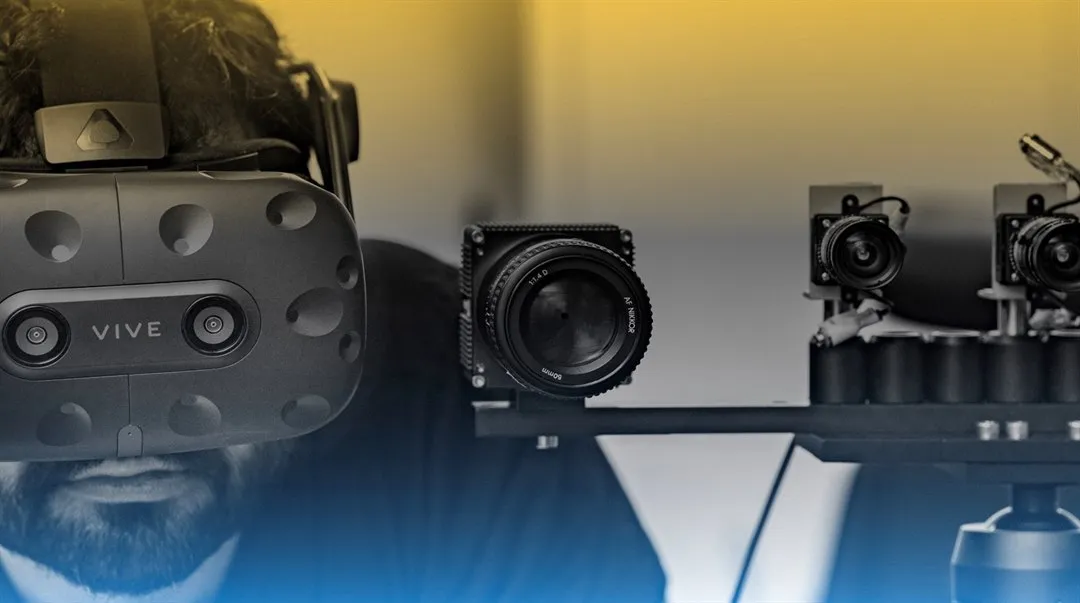International Master's Programme in Computer Engineering, 120 credits, 120 hp
Are you ready to shape the future of technology? Join this Master's programme in Computer Engineering and specialize either in Visual AI or Intelligent Systems and Networks domains. Depending on your specialization track choice, you will discover a new world enabled by visual processing or limitless applications of the Internet of Things and distributed computing systems. By attending this programme, you will gain in-depth experience in applying artificial intelligence to real-world problems, preparing you to unlock exciting career possibilities in high-tech companies.
Autumn semester 2024
- Start: Autumn semester 2024
- Specialisation: Visual AI
- Study form: Campus
- Study pace: 100%
- Campus: Sundsvall
- Number of spots: 20
- Language: English
- Code: MIU-D2M51
Autumn semester 2024
- Start: Autumn semester 2024
- Specialisation: Intelligent Systems and Networks
- Study form: Campus
- Study pace: 100%
- Campus: Sundsvall
- Number of spots: 20
- Language: English
- Code: MIU-D2M61
About the programme
The programme is entirely taught in English. As a student, you will develop a solid understanding of a wide range of computer engineering topics. Moreover, you will get in-depth training experience on the selected specialization area in the field of Computer Engineering.
First, you will develop a sound foundation with courses on probability and random processes, applied optimization, data mining and machine learning, and neural networks and deep learning. You will then have the chance to focus on carefully selected topics in "Visual AI" or "Intelligent Systems and Networks" fields, taught by internationally recognized faculty members.
In addition to academic training in theory, you will gain hands-on experience with emerging technologies and have opportunities to participate in cutting-edge research. The research groups in Computer Engineering at Mid Sweden University are recognized for their research excellence in wireless IoT networks and visual media processing.
VISUAL AI SPECIALIZATION
Visual AI is a transformative field at the intersection of artificial intelligence and visual processing. Throughout this specialized track, you will explore the application of artificial intelligence, including machine learning and deep learning, across various aspects of the visual processing chain. You will gain a comprehensive understanding of topics from image and video processing to multidimensional visual representations, compression techniques for visual media, computer vision, computer graphics, visualization, augmented reality, and virtual reality. Moreover, you will learn how these technologies shape our digital world.
INTELLIGENT SYSTEMS AND NETWORK SPECIALIZATION
In this specialization track, you will explore the convergence of artificial intelligence, including machine learning and deep learning, with state-of-the-art systems and networks, propelling you into a world of innovative and advanced digital ecosystems. With courses covering advanced topics in distributed systems, intelligent algorithm design, embedded systems with edge intelligence, intelligent wired/wireless networks and management, and network security and privacy, you will be well-prepared to navigate the complex challenges in both the industry and academia.
THE MASTER’S DEGREE PROJECT
The degree project takes place during the entire last semester. The project is carried out in an area relevant to the courses taken during the programme. The project may be undertaken in an industry setting, either at a Mid Sweden University department, or in another university or research institute anywhere in the world.
Entry requirements
For Visual AI specialization: Degree of Bachelor (at least 180 credits), Degree of Bachelor of Science in Computer or Electrical Engineering (at least 180 credits), or equivalent, with at least 30 credits in Mathematics/Applied Mathematics, including courses in probability theory and statistics and linear algebra, and 60 credits in Computer Engineering including a course in object oriented programming. English course 6 from Swedish Upper Secondary School (Gymnasium) or the equivalent.
For Intelligent Systems and Networks specialization: Degree of Bachelor (at least 180 credits), Degree of Bachelor of Science in Computer or Electrical Engineering (at least 180 credits), or equivalent, with at least 30 credits in Mathematics/Applied Mathematics, including courses in probability theory and statistics and discrete mathematics, and 60 credits in Computer Engineering including a course in object oriented programming. English course 6 from Swedish Upper Secondary School (Gymnasium) or the equivalent.
Title of qualification
Masterexamen
Teknologie masterexamen med huvudområdet datateknik, translated into Degree of Master of Science (120 credits) with a major in Computer Engineering.
After the programme
A degree from Mid Sweden University constitutes an excellent foundation for a successful international career. Our graduates are employed in many companies, both local and international ones, and they have taken on a wide variety of tasks. Their jobs include positions as hardware/software developers and application analysis/development engineers, telecommunications network engineers or research and development engineers. As their careers progress, they assume positions as design team leaders, hardware/software architects or consultants, and many have progressed to management positions in R&D departments. Others have opted for academic careers and continued their studies in order to pursue a PhD.
Work experience contact
The research groups at the department have an excellent network with industry, including companies like IBM, Intel, Google, Ericsson, Volvo, Nokia, Qualcomm, BAE System, Knighttec, Clavister, Permobil, LumenRadio, Huawei, ABB, Siemens, and BBC.










